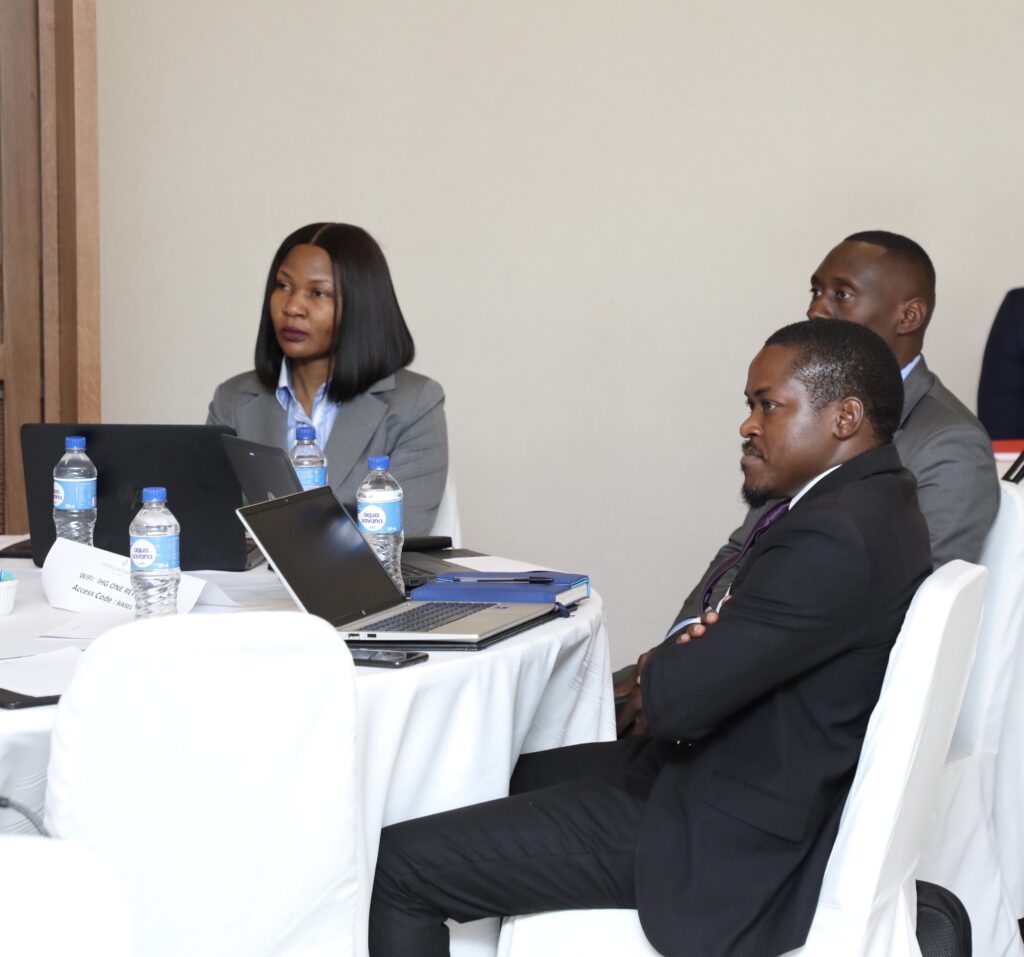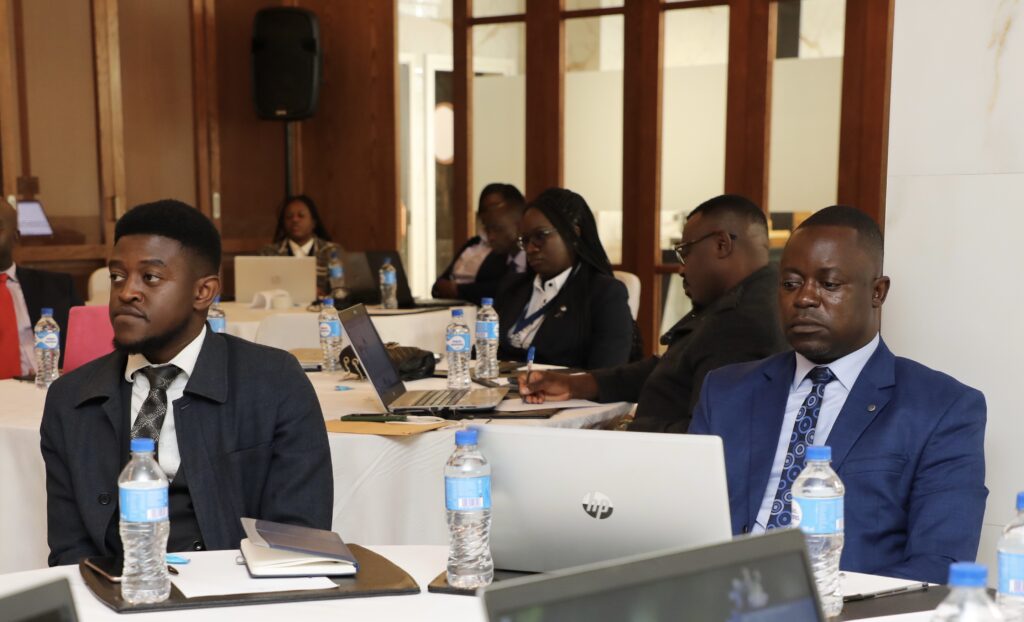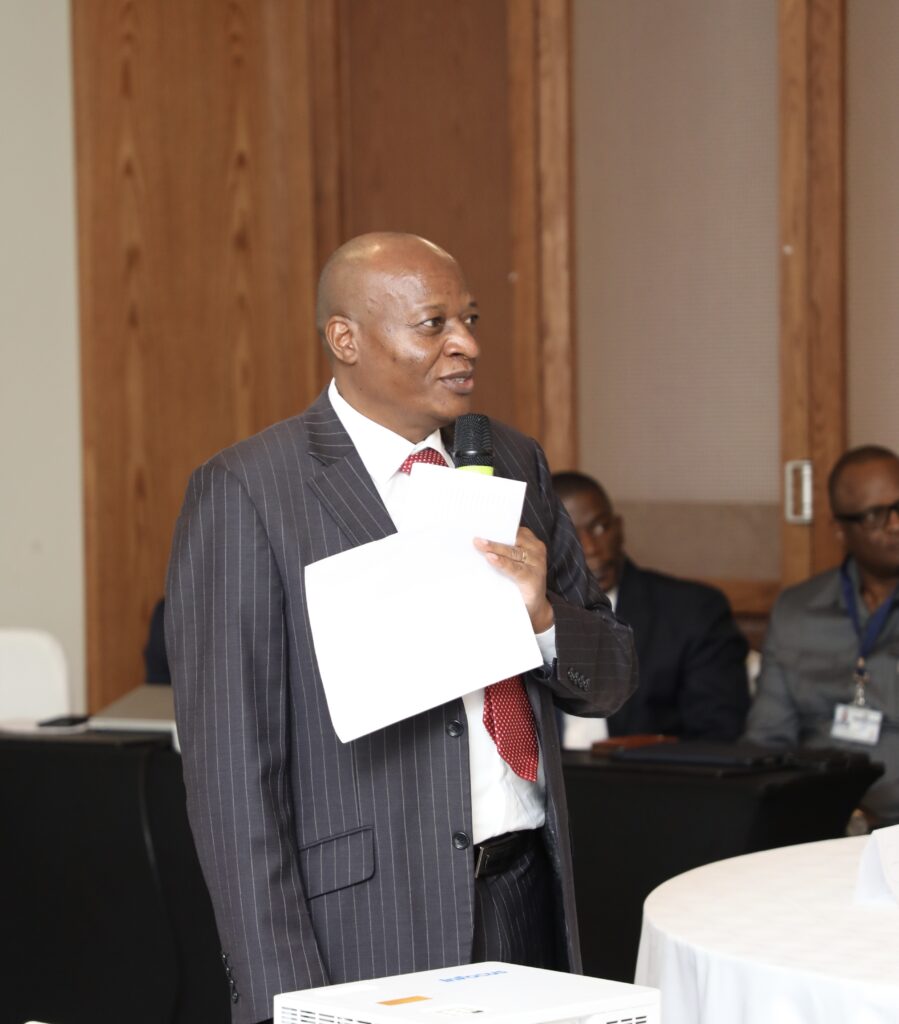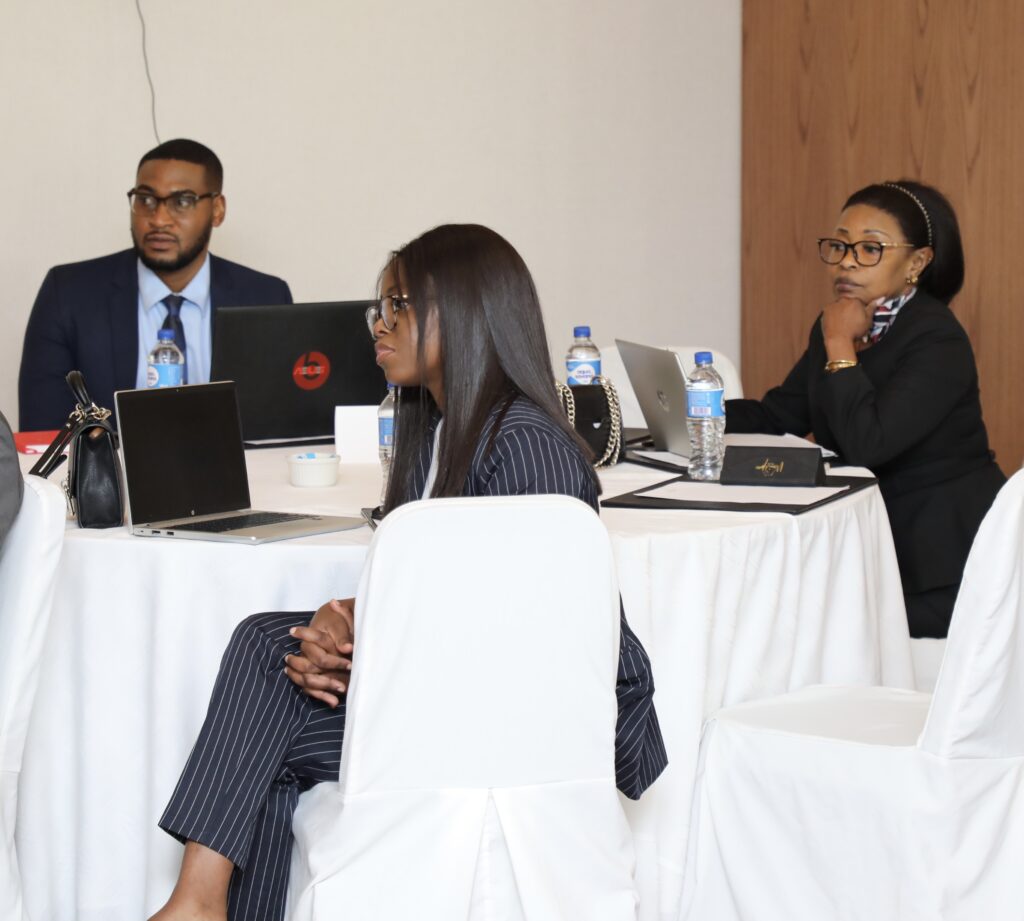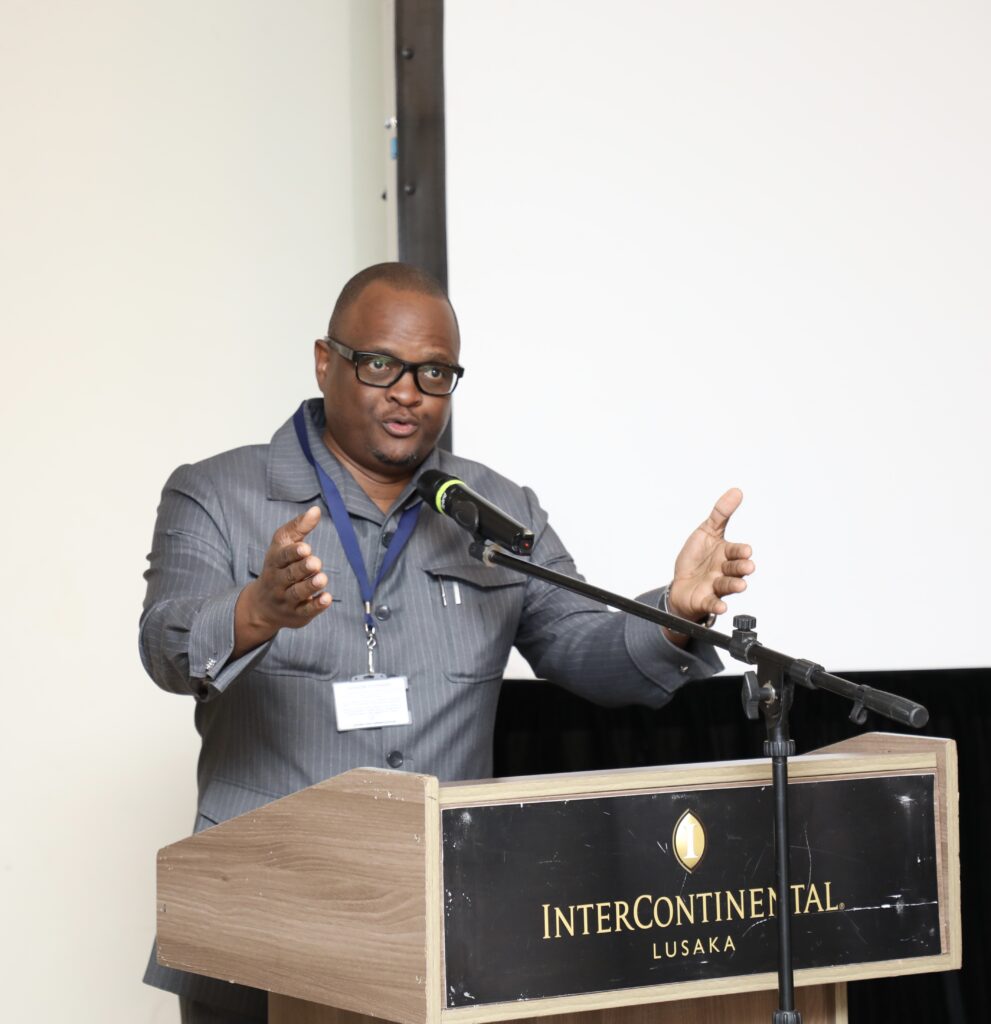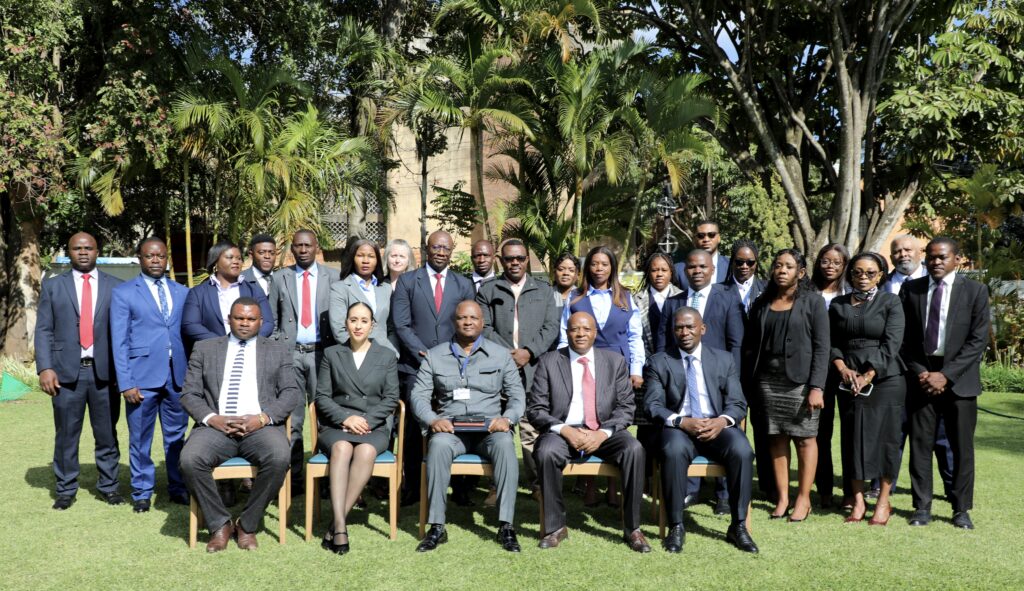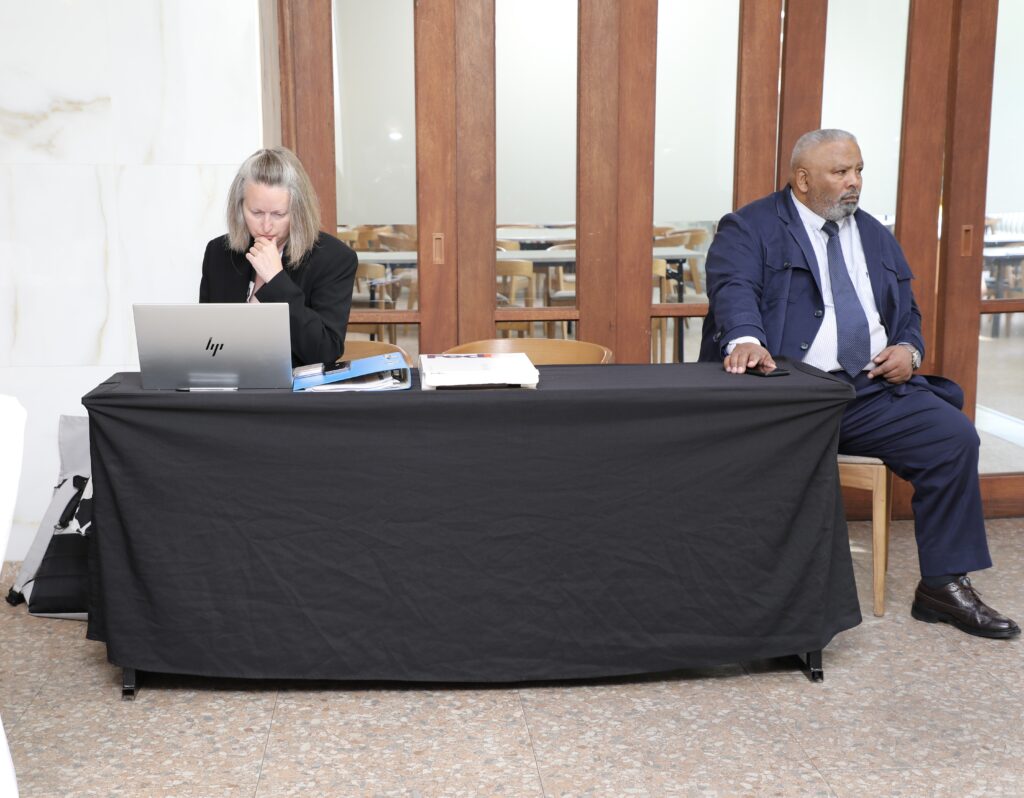Lusaka | July 15, 2025 – Zambia’s fight against organised crime took a bold step forward yesterday as the learned Director of Public Prosecutions, Mr. Gilbert A. Phiri SC, opened a high-level training on Non-Conviction Based Forfeiture (NCBF), bringing together all major enforcement and oversight agencies under one roof.
The week-long session, hosted by the Basel Institute at the Intercontinental Hotel, is being attended by representatives from the Anti-Corruption Commission (ACC), Drug Enforcement Commission (DEC), Zambia Revenue Authority (ZRA), the Judiciary, the Financial Intelligence Centre (FIC), and others.
In an unfiltered opening address, DPP Phiri tore into misconceptions surrounding asset forfeiture laws, describing them as misunderstood even by the most seasoned senior advocates. He emphasised that Non Conviction Based Forfeiture is not about political persecution but it is about crippling sophisticated criminal networks driven by greed and hidden behind polished veneers.
“We’ve been accused of having a poverty mentality. Of targeting individuals. But let’s be clear, this law targets organised crime. It targets the insatiable greed behind complex, layered financial schemes meant to hide the origins of illicit wealth.”
“These are not your everyday Joes. These are thugs in suits and perfume, well-connected, high net-worth individuals who exploit systems and cover their tracks with expensive lawyers,” he said.
DPP Phiri challenged investigators across institutions to match the sophistication of criminals with professionalism and diligence in their investigations.
He also addressed the troubling public perception that justice is selective, with ruling party members seemingly shielded from scrutiny and calling the question rhetorical but nonetheless demanding self-reflection from enforcement agencies.
“Why aren’t you doing what the public is asking? As DPP, I’m waiting for those dockets. If you bring me evidence, no matter who’s involved, you can bet your life it will end up in court.
There are no sacred cows.
That’s the nature of the beast.”
In a moment both humorous and chilling, the DPP recalled a statement from a president in another country who warned his anti-corruption agency to go easy on “local thieves who at least invest domestically.” Mr. Phiri called such an expression, “a dangerous narrative,” especially when it comes from the highest office in a country.
“In Zambia, the message has been clear: there are no sacred cows. Past, present, and future corruption must be prosecuted.”
He challenged investigators to stop submitting weak dockets and to bring forward solid, evidence-based cases regardless of the status or political ties of the accused.
The DPP also pushed back against claims that Zambia is going rogue with its asset forfeiture regime, stressing that the law aligns with international standards, including those set by the Financial Action Task Force (FATF).
“We are not abusing the law, we’re using it. And it’s one of the most effective tools to recover stolen wealth.”
With all key institutions represented, the training aims to sharpen skills, close knowledge gaps, and strengthen the integrity of future prosecutions. If the tone of the opening session is anything to go by, the message is clear – Zambia is turning up the heat on illicit wealth and no one is off limits.
